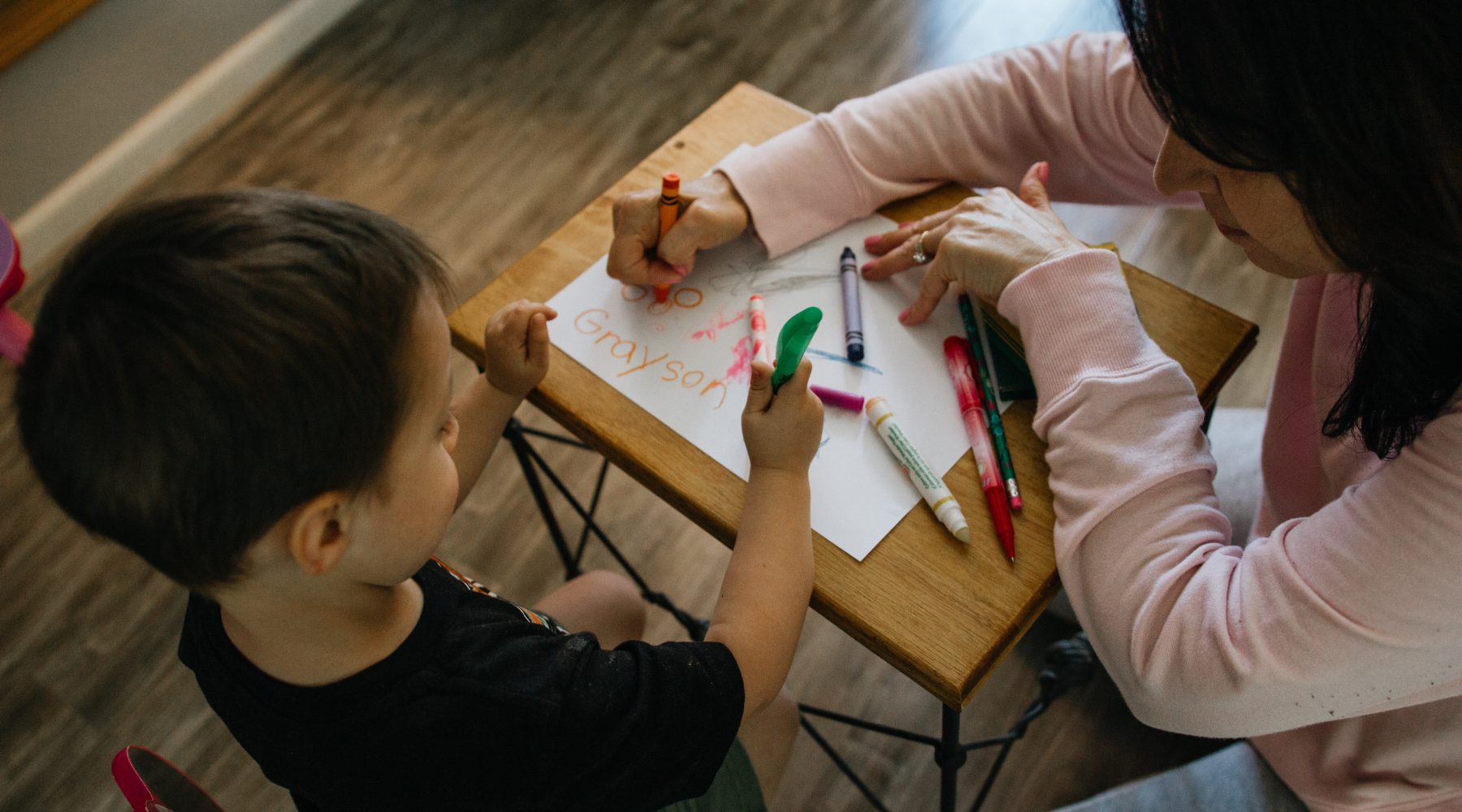UNSW ‘real world’ trial reveals that therapy for severe behaviour works online

A ‘real world’ trial of therapy for children aged between 1.5 and 4 years of age with ongoing severe behavioural problems has tested the effectiveness of adapting behavioural therapy to the online world.
Families in regional and rural New South Wales have gained virtual parenting support with ongoing behavioural concerns such as persistent tantrums, defiance, and aggressive behaviour through a live trial led by researchers at UNSW Sydney, with the findings recently published in the journal Behavior Therapy.
Lead author of the study, Dr Georgette Fleming, said the intervention was a powerful tool in improving children’s behaviour, with almost 90 per cent of the children who completed the treatment course rating in the normal range of functioning by the end of the program.
Parents found the program of benefit also, with post trial findings showing that online parent management training can lead to large and observable improvements in effective parenting skills.
To conduct the therapy, which took place over an average of 10 parent-child play sessions, a therapist would observe the child by way of a live video call, paying close attention to the child’s disruptive behaviours and the parent’s response.
Therapists would then coach the parent in how to manage different negative behaviours as they occurred in real time via a wireless headset worn by the parent.
This, researchers said, is the first time online parent management training has been tested in a real-world setting – that is, delivered by community practitioners to families in regional and rural areas. The intervention was run in partnership with parenting service Karitane.
“It’s an exciting step in taking university-based research into the real world,” Dr Fleming said, noting that the findings “couldn’t have come at a better time”, with COVID-19 prompting many in-person psychological therapies to move online.
To progress the findings of the preliminary study, Dr Fleming hopes to conduct a larger trial to capture a bigger sample size, and compare the therapy to other interventions, as well as following up with families involved in the initial trial to determine the effectiveness of the interventions.
To access findings from the initial trial, please see here.
Popular

Quality
Practice
Research
Professional bravery in ECEC: How reading the nervous system prevents behaviour escalation
2025-12-02 07:30:47
by Fiona Alston

Policy
Quality
Practice
Provider
Research
Workforce
ECEC services to close early for mandatory child safety training under national reforms
2025-12-01 07:10:09
by Fiona Alston

Quality
Policy
Practice
Provider
Workforce
Growth restrictions and enhanced oversight imposed on Affinity Education Group in NSW
2025-12-01 07:30:29
by Fiona Alston
















